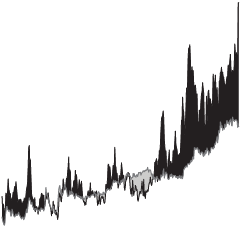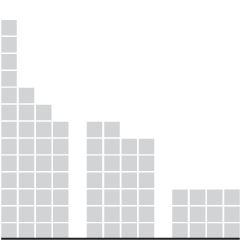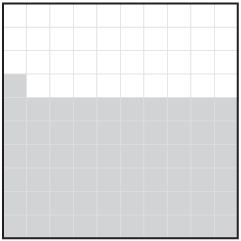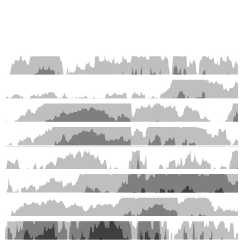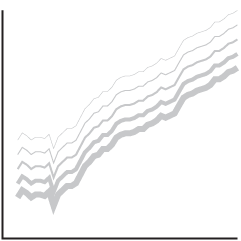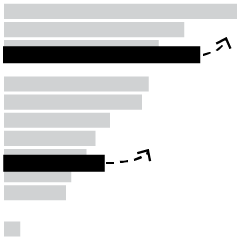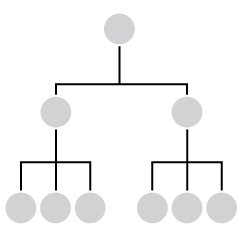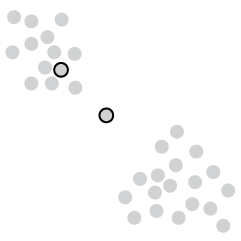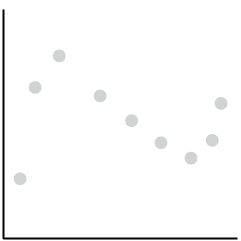 The World’s Billionaires — Forbes publishes their annual list of the world’s richest people. Four of the top ten are from the US, but the richest man in the world is now Carols Slim Helu (and family) of Mexico.
The World’s Billionaires — Forbes publishes their annual list of the world’s richest people. Four of the top ten are from the US, but the richest man in the world is now Carols Slim Helu (and family) of Mexico.
What if I had bought Apple stock instead? — Apple stock is at about $350 per share right now. If you had invested in Apple instead of buying that Apple PowerBook G3 250 in 1997, you’d have stock valued at $330,563.
Interview with Jer Thorp — PopTech asks the New York Times data artist in residence some questions about his work and what’s in store for the future.
Q&A with me — Visualizing asked me a few questions, and then I answered them.



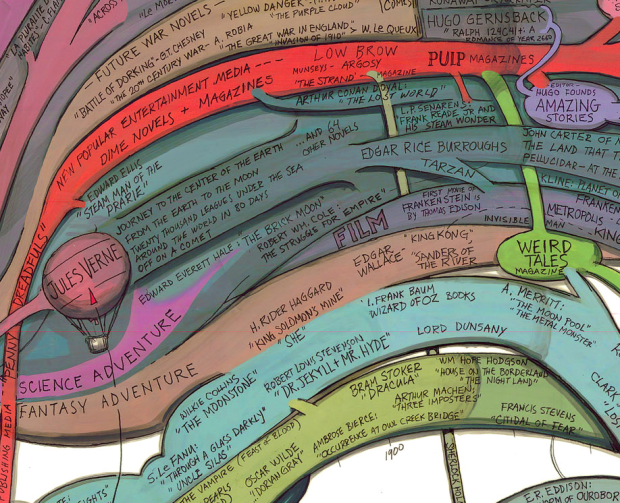

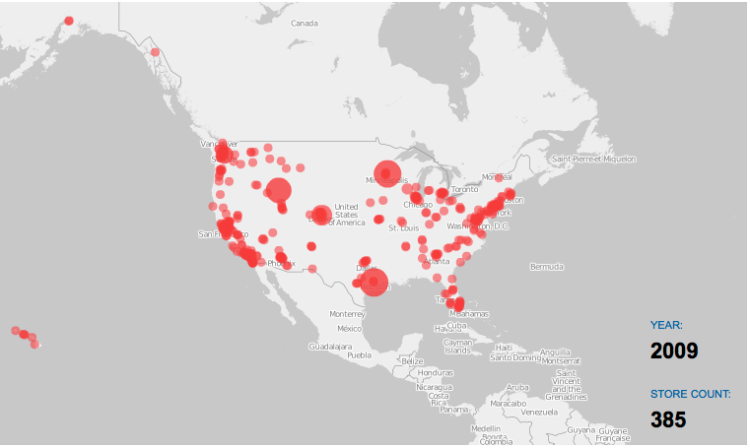


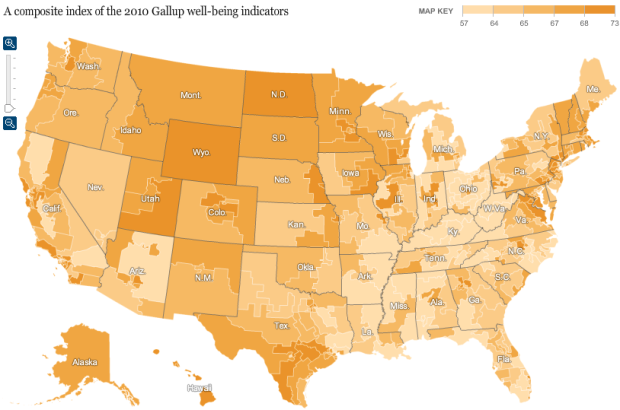
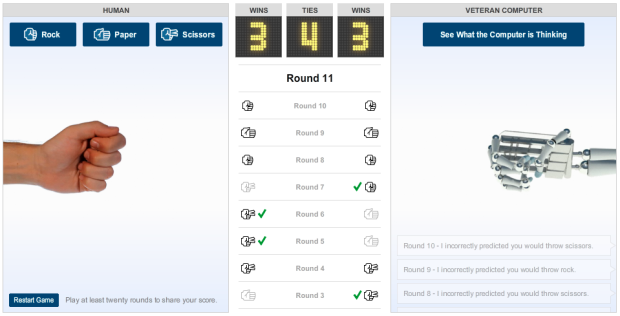
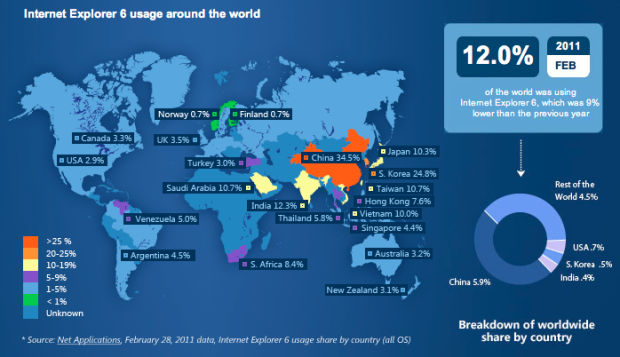
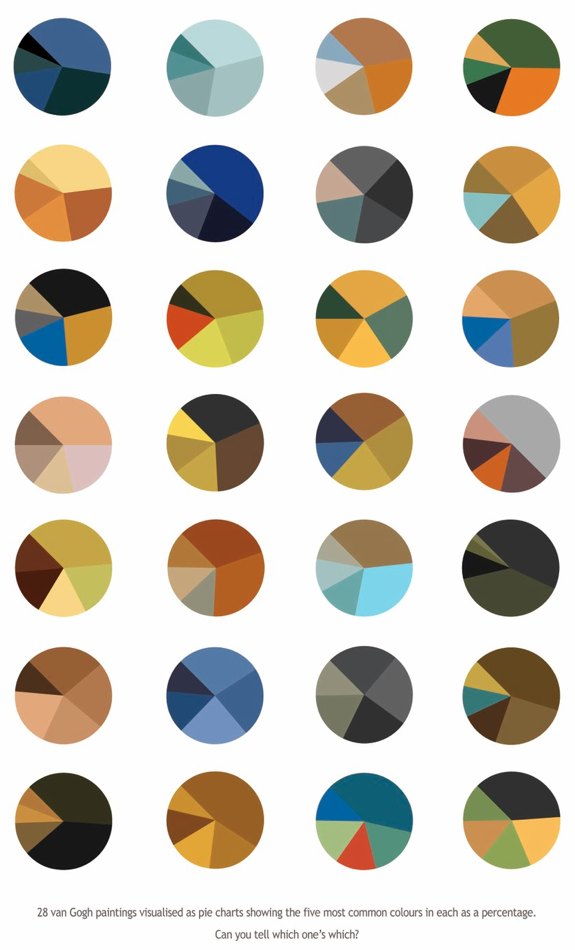
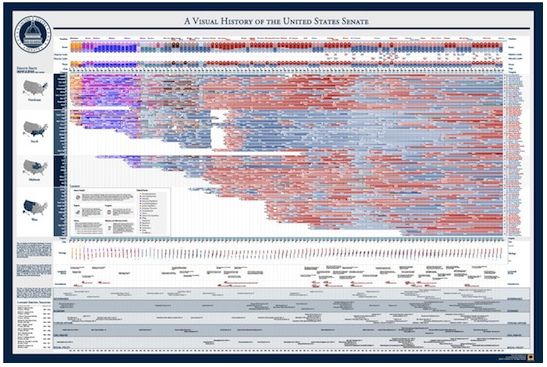
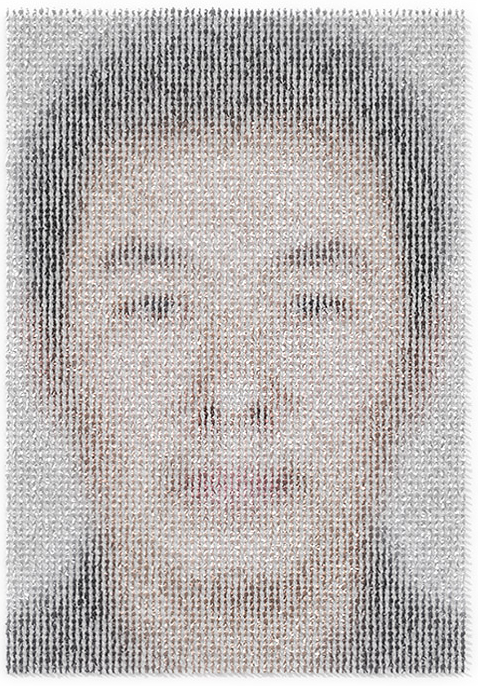


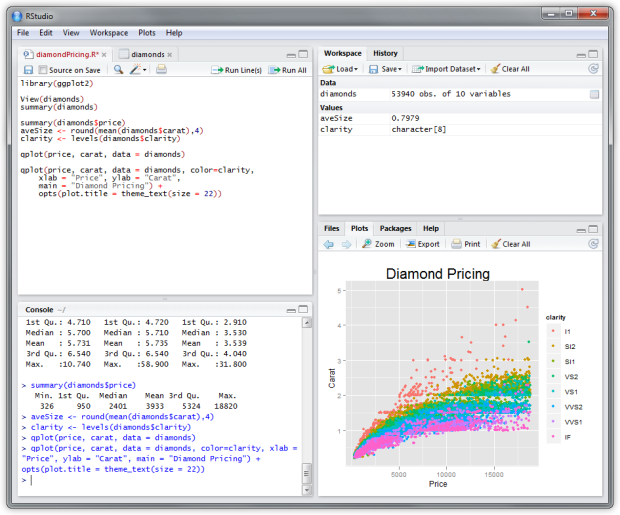


 Visualize This: The FlowingData Guide to Design, Visualization, and Statistics (2nd Edition)
Visualize This: The FlowingData Guide to Design, Visualization, and Statistics (2nd Edition)
